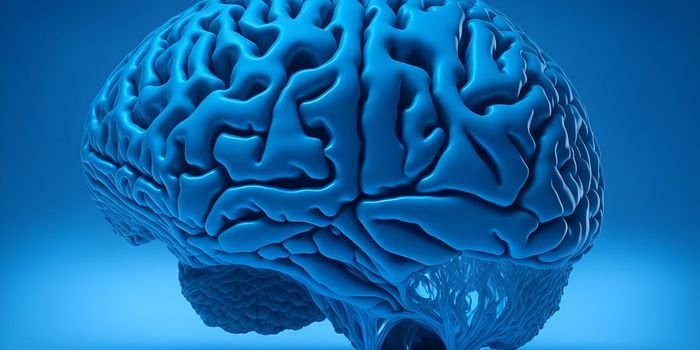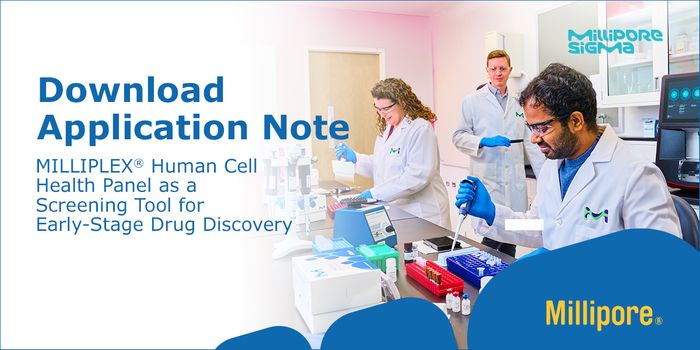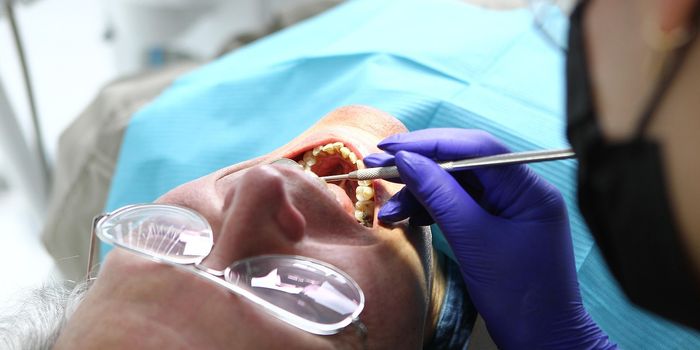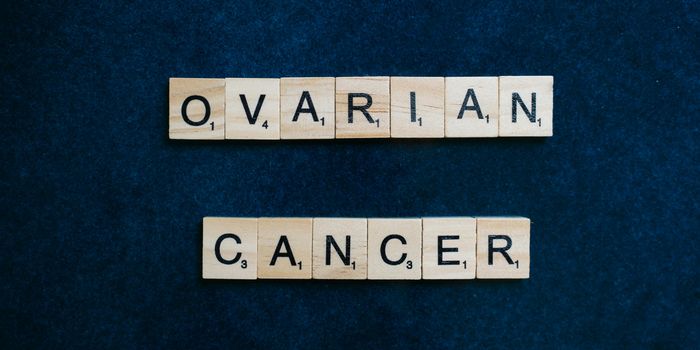Psychedelic DMT Creates Vivid Waking Dream State in Brain
In a new study, scientists at Imperial College London investigated how powerful psychedelic dimethyltryptamine (DMT) alters the brain’s electrical activity. One of the main psychoactive substances in ayahuasca, a psychedelic brew traditionally consumed in the Amazon, the researchers found that the drug stimulates the brain to reach a state of “dreaming while awake”.
For the study, the researchers gave 13 participants an intravenous infusion of DMT. Fitted with caps containing electrodes, they then measured their brain’s electrical activity before, during and after the hit- over a total of around 10 minutes (Georgiou: 2019).
Analyzing the results, the researchers found that DMT significantly altered the brain’s electrical activity. In particular, they found a significant reduction in alpha waves- something we produce a lot of while awake. Meanwhile, they found a short-lived increase in theta waves, typically produced while dreaming. Alongside these changes, they also found that brain activity became more chaotic and less predictable- contrary to typical reactions to reduced consciousness, such as while sleeping.
The lead author of the study, Christopher Timmermann, from the Centre for Psychedelic Research said, “The changes in brain activity that accompany DMT are slightly different from what we see with other psychedelics such as psilocybin or LSD, where we see mainly only reductions in brainwaves.”
He continued, “Here we saw an emergent rhythm that was present during the most intense part of the experience, suggesting an emerging order amidst the otherwise chaotic patterns of brain activity. From the altered brainwaves and participants' reports, it's clear these people are completely immersed in their experience - it's like daydreaming only far more vivid and immersive, it's like dreaming but with your eyes open (Imperial College London: 2019).”
Although it is so far not clear whether DMT has any potential in a clinical setting, the researchers hope to conduct further research on its properties, first and foremost by extending the DMT experience to collect more data. According to Dr. Robin Carhard-Harris, head of the Centre of Psychedelic Research, “Our sense it that research with DMT may yield important insights into the relationship between brain activity and consciousness, and this small study is a first step along that road (ibid.)."
Sources
Georgiou, Aristos: News Week









